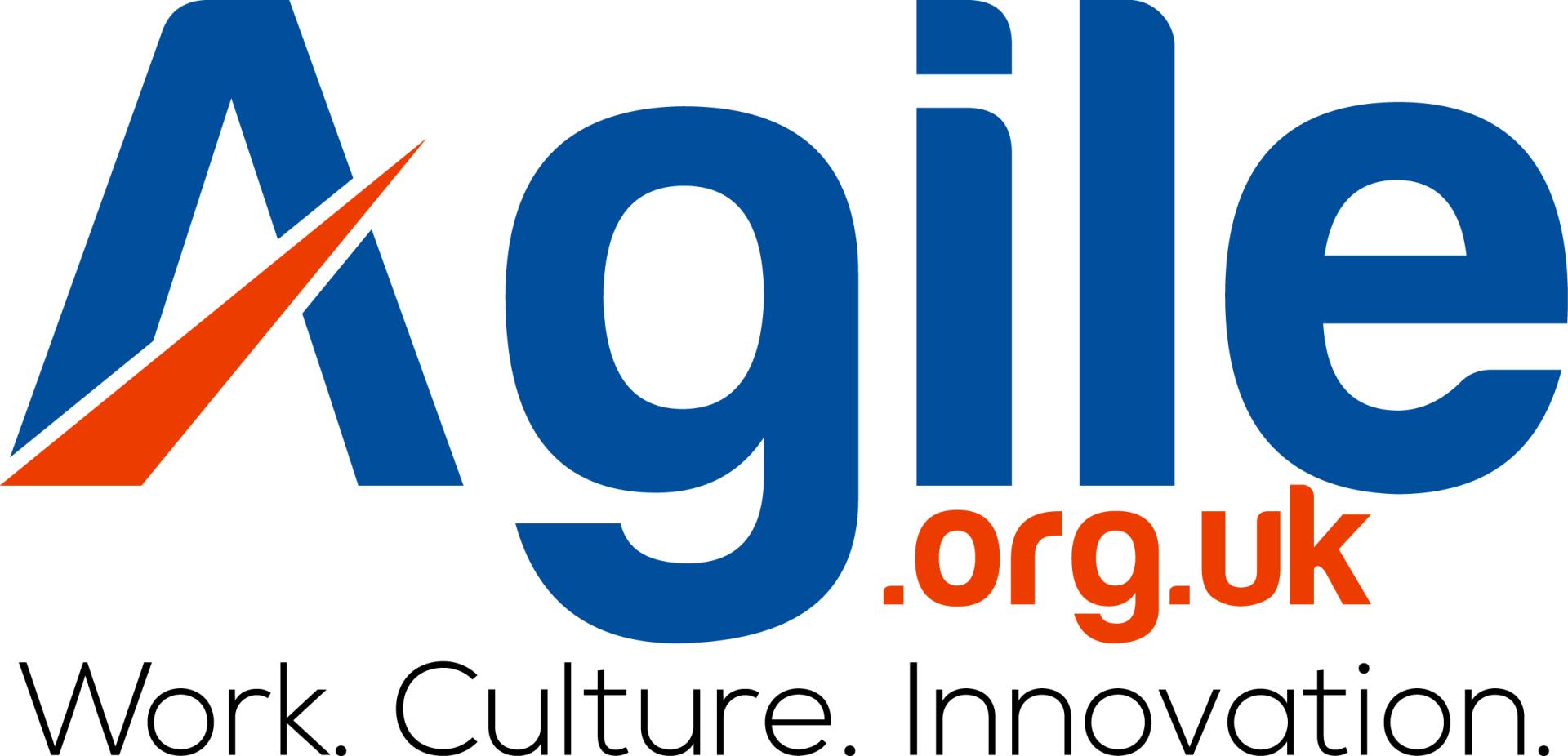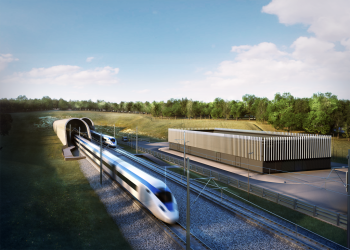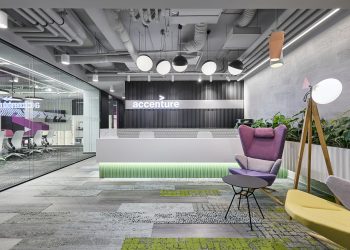If there’s one thing that could be said to be the backbone of business success, it’s innovation. Businesses that frequently innovate in exciting ways often find themselves surging above their competition, and their workforces are often happier and more fulfilled at work as well. It’s fair to say that innovation is the cornerstone of not only a successful business, but also a harmonious one.
With that said, 2023 is, of course, a year in which workplace trends are continuing to evolve in fascinating and compelling ways. If you’re a businessperson looking for new strategies to introduce to your team in order to boost productivity and wellbeing, or even if you’re an employee trying to figure out how to navigate your workplace’s newly-implemented policies, here’s our look at innovative workplace culture trends in 2023.
Hybrid working
The 2020 COVID-19 pandemic might have accelerated a move towards hybrid work, but it’s certainly not the only reason that more and more employees are turning away from permanent desk jobs. Hybrid work involves visiting an office sometimes and completing the rest of your workload at home, and it’s arguably the future of most desk-based jobs.
According to an Accenture report, 63% of companies with high revenue growth use hybrid working as a model, and although many Gen Z workers prefer to interact with their employees face-to-face, a hybrid model is generally preferred to an all-remote or all-on-site approach. Expect this hybrid work phenomenon to become more and more prevalent as time goes on.
Artificial intelligence
This is perhaps one of the most controversial issues that’s facing workplaces today. The advent of artificial intelligence has brought many potential benefits to companies, including increased efficiency, streamlined customer service operations, and reduced overheads, but it’s also introduced job fears for many workers.
Of course, “innovative” doesn’t necessarily mean “always beneficial”. AI will become more and more of a mainstay in the workplace in future, so it’s up to entrepreneurs to find a balance between worker satisfaction and cost efficiency. If you want your staff to remain happy, it’s important to reassure them that they’re not going to be replaced by AI anytime soon.
Focus on employee wellbeing
In years gone by, workplaces would be indifferent – or, worse, hostile – to their employees’ mental health. Employees in need of a mental health break due to stress or personal circumstances would often be given the cold shoulder by managers and human resources departments, but that’s changing now, albeit slower than many would like.
For Gen Z, stress and workplace dissatisfaction is leading to “ambivalence and withdrawal”, according to a BBC report. As such, a renewed focus on mental health, as well as reminding workers why the mission of the workplace is important, will be critical for any entrepreneur who wants to keep their staff happy and content.
Sustainability
The climate is worsening, and everyone in the world must do their part to the best of their ability in order to combat climate change. That’s why many workplaces around the world are adopting new sustainable policies in order to lower their “carbon footprint” and ensure that they’re participating in the global mission to reduce emissions.
Some of these sustainable initiatives include reducing single-use plastics like water cups, as well as using paperless notebooks to cut back on paper waste. Remote working also contributes to sustainability; if you’re not asking your employees to commute every day, then they can save on emissions by remaining at home and working there instead.
The rise of the multipotentialite
It’s traditionally been thought that workers should specialise in a single area, and that staff can therefore be hired in specialist roles in order to build a workforce. Now, though, more and more workers are turning away from the concept of being skilled in just one area and are often seeking roles outside their traditional comfort zones.
As such, workplaces must adapt in order to accommodate “multipotentialites”, as career coach and speaker Emilie Wapnick calls them. These are people who have many passions and skills in life, and who would like to bring those passions and skills to bear on a job that satisfies their need to flex their creative muscles.
4-day working weeks
The idea of working a 4-day week is becoming more and more popular among employees and managers worldwide. A UK scheme in which 60 companies participated in a 4-day week trial saw 92% of those companies committing to the new schedule on a long-term basis, so while it hasn’t worked for everyone, it’s certainly an enticing prospect for many workplaces.
So, why is a 4-day week so appealing? More and more workers are valuing their free time more than their careers, so an extra free day gives them time to spend with their family or pursue their hobbies. In addition, a four-day week can reduce stress and even allow workers to make money from a side hustle, if they’re so inclined (although, of course, they shouldn’t be pressured to do so).
Conclusion
These are just a few of the emerging workplace trends that have become important in 2023 and that we think will continue to be important throughout 2024 and beyond.
We’re also excited to see what other new trends emerge in the coming years; it’s fair to say we live in an unpredictable time, and so we can’t even imagine some of the changes that will come to the traditional workplace environment as time rolls on.













